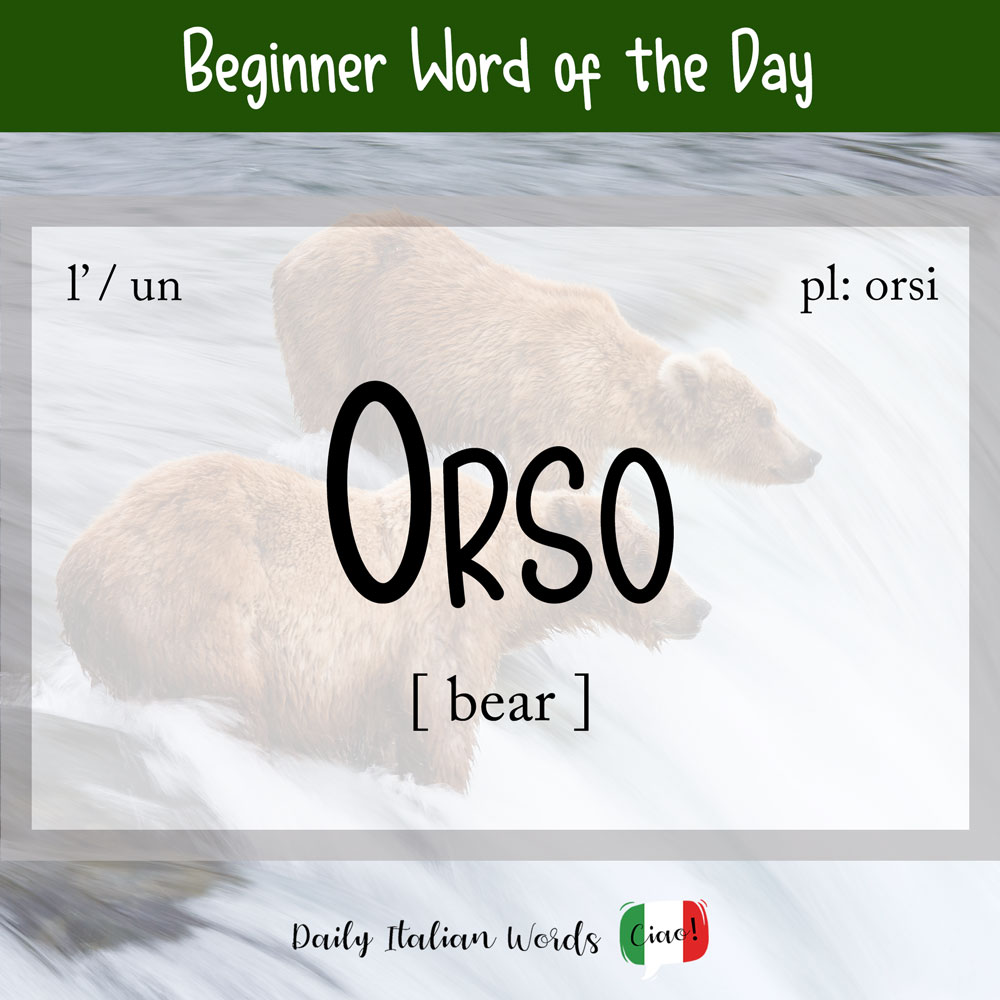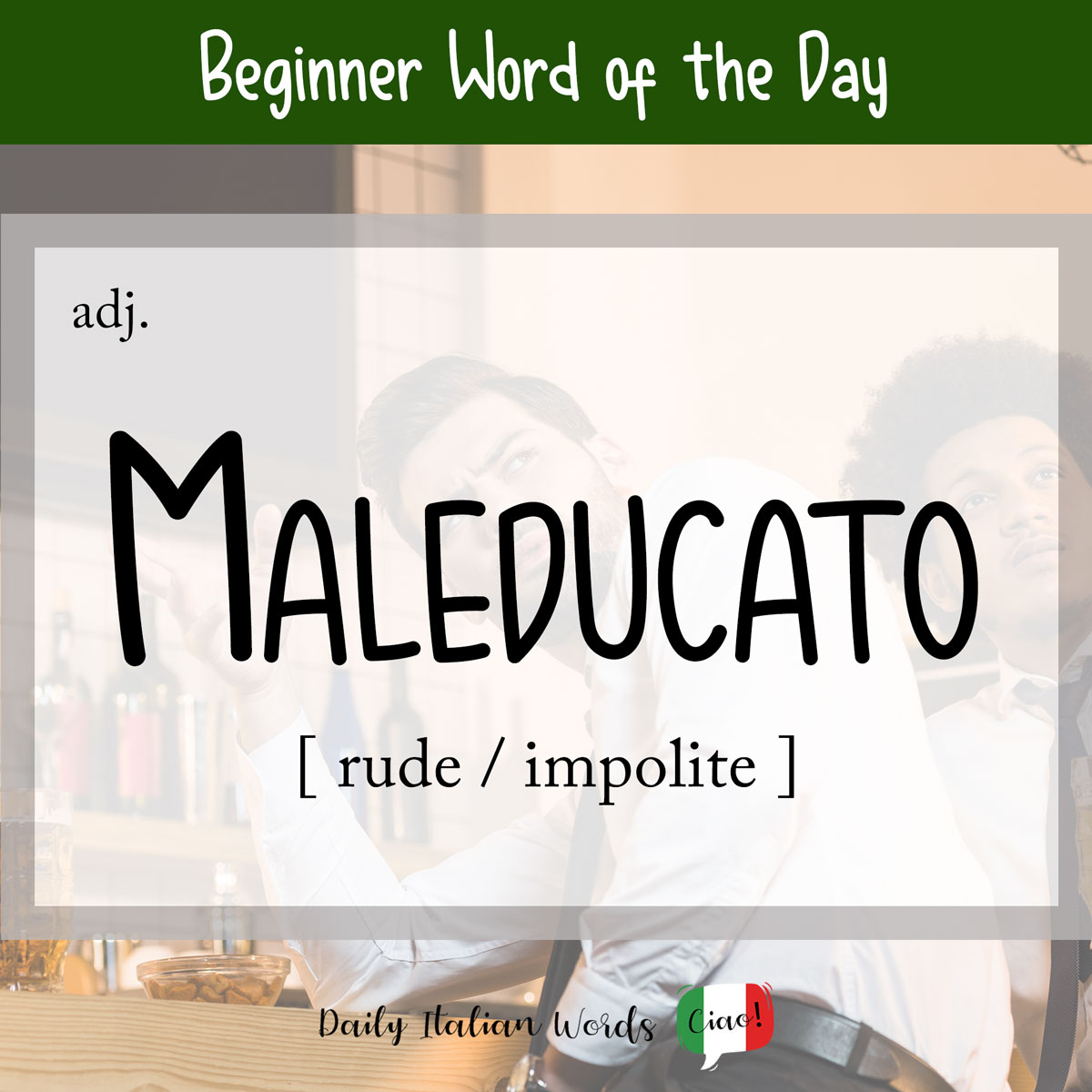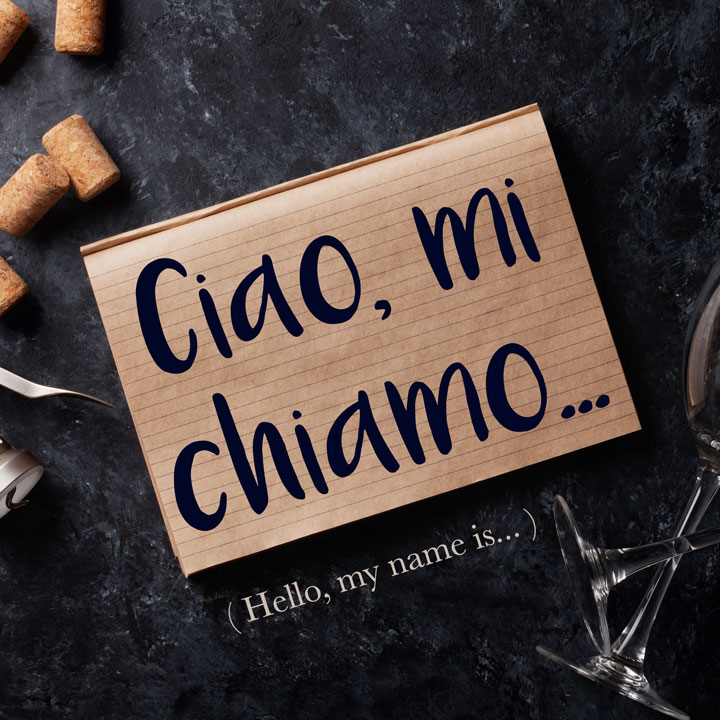Italian Word of the Day: Orso (bear)
The word for bear in Italian is orso and it derives from the Latin word ursus. It is a masculine noun that takes the following definite and indefinite articles: Today only eight species of bear are still in existence: Bears – like humans – tend to be omnivorous (onnivoro) with the only exceptions being the …






